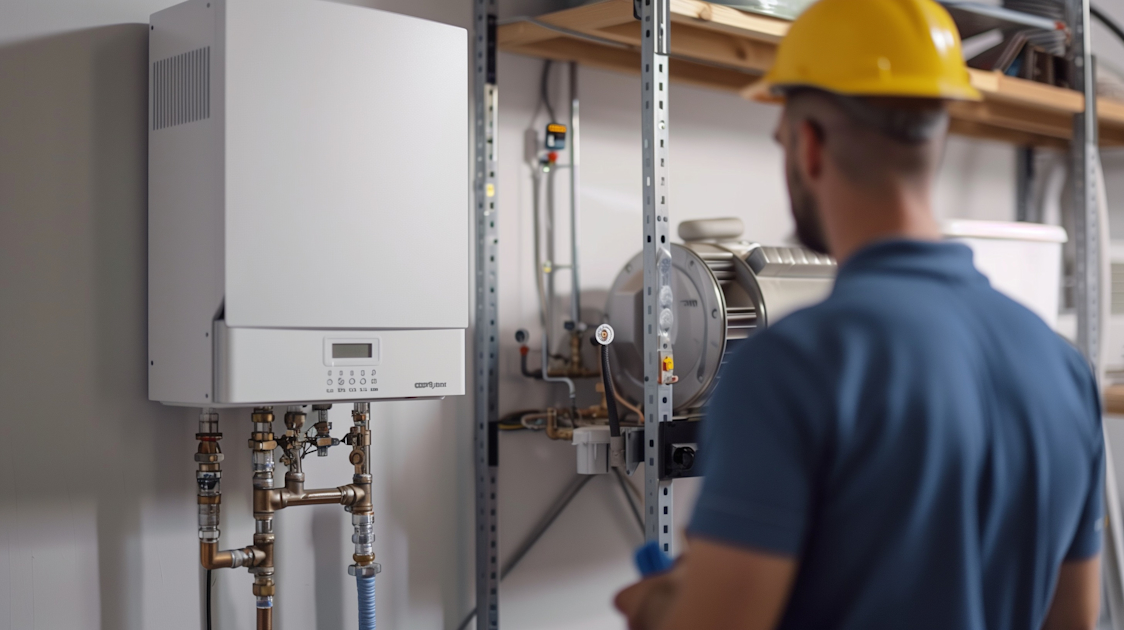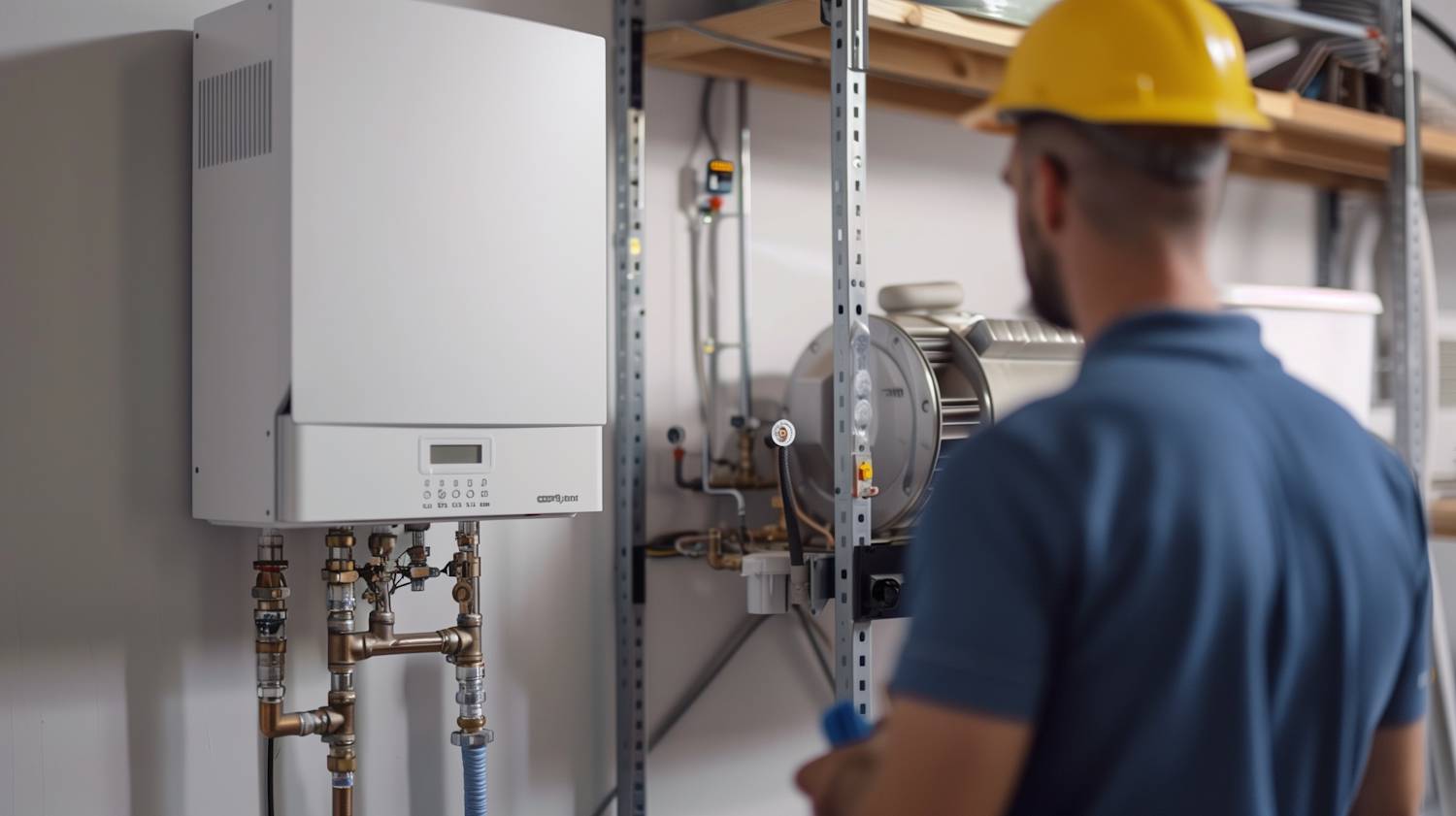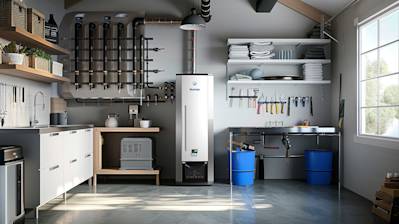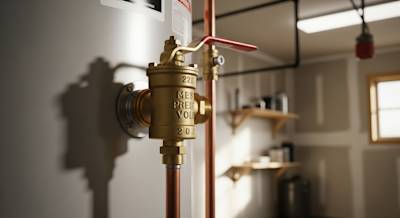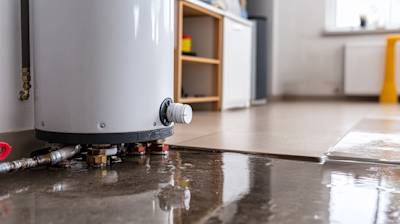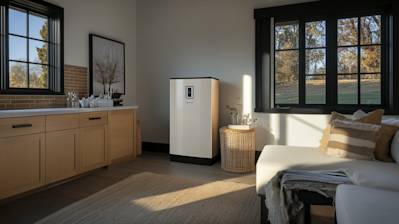Understanding the lifespan of your water heater is crucial in planning for replacement and avoiding the inconvenience of unexpected breakdowns. The question, “How long do water heaters last?” is paramount for all homeowners. The answer varies depending on several key factors such as the type of water heater, quality of installation, maintenance frequency, and the water quality in your locale. In this comprehensive guide, we delve deeply into these aspects to give you a better understanding of the lifespan of water heaters.
Types of Water Heaters and Their Lifespans
There are several types of water heaters, and each has a different lifespan. The choice between electric, gas, tankless, or solar water heaters not only influences operational costs but also the longevity of the unit.
Electric Water Heaters
Electric water heaters are common in many homes due to their simplicity and ease of use. Typically, an electric water heater will last between 10-15 years.
Gas Water Heaters
Gas water heaters are known for delivering hot water more rapidly. Although they often have a higher upfront cost, they tend to be more efficient in terms of energy usage. The lifespan of typical gas water heaters ranges from 8-12 years.
Tankless Water Heaters
Tankless water heaters, also known as on-demand units, only heat water when needed, making them an energy-efficient choice. These units tend to have a considerably longer lifespan than traditional tanked options, lasting up to 20 years with proper care and maintenance.
Solar Water Heaters
Solar water heaters, celebrated for their eco-friendliness, generally last between 20-25 years. The impressive longevity is often justified by the higher installation costs.
Factors Influencing the Lifespan of Water Heaters
Aside from type, numerous factors can influence how long your water heater will last. These include factors such as maintenance, quality of installation, and water quality.
Maintenance
-
Annual Inspections: Annual inspections by professionals can significantly increase the lifespan of water heaters. Professionals can detect small issues before they escalate into bigger, more costly problems.
-
Flushing the Tank: For tank-based water heaters, sediments can accumulate over time, affecting the efficiency and lifespan of the heater. Regularly flushing the tank can prevent this challenge.
-
Pressure Relief Valve Check: Checking the pressure relief valve annually can help avoid pressure build-up that can damage your water heater.
Quality of Installation
A properly installed water heater can last much longer than a poorly installed one. An experienced and qualified professional should do the installation using high-quality fixtures to guarantee longevity.
Water Quality
Hard water, which contains high levels of minerals like calcium and magnesium, can significantly reduce your water heater’s lifespan. These minerals create a layer of limescale that makes your heater work harder, which can contribute to breakdowns over time.
Signs Your Water Heater Needs Replacement
Knowing when your water heater needs replacement can help you avoid an untimely and inconvenient breakdown. Some signs to be aware of include:
- No hot water or inconsistent hot water supply.
- Leaks around your water heater.
- Unusual noises from the heater, such as pops or cracks.
- The presence of rusty, muddy, or sandy water.
The answer to "how long do water heaters last" varies based on several factors. Regular maintenance, proper installation, and water quality all greatly affect your unit's lifespan. Understanding these elements lets you make an informed decision in choosing and taking care of a water heater.
A Comprehensive FAQ Section About Water Heater Lifespan
What determines the lifespan of a water heater?
Several factors contribute to how long a water heater lasts. These include the quality of installation, the model and manufacturer, how well it’s maintained, and the type of water (hard or soft) passing through it. Regular maintenance, for example, can greatly extend the lifespan of a water heater.
On average, how long do water heaters last?
Most traditional tank-style water heaters last between 8 to 12 years. This lifespan can be extended or shortened depending on maintenance, water quality, and usage habits. Tankless water heaters tend to last longer, with an average lifespan of 15 to 20 years.
Do electric water heaters last longer than gas water heaters?
Generally speaking, gas and electric water heaters last around the same amount of time. However, due to the high temperatures they operate at, gas heaters may experience wear and tear more quickly - but this highly depends on usage and maintenance.
How can I extend the lifespan of my water heater?
To extend the lifespan of your water heater, regular maintenance is key. This includes things like yearly inspections, frequent flushing to remove sediment build-up, checking for leaks and timely repair. Additionally, the use of a water softener can also help extend the lifespan of a water heater if you have hard water.
What are the signs that my water heater needs replacing?
Some common signs that a water heater may need replacing include rusty water, inefficient heating, frequent leaks, strange noises, and an old age. If your water heater is not providing hot water or is taking too long to heat the water, it could be a sign that you need to replace it.
Can a water heater last 20 years?
While most water heaters last about 8 to 12 years, it’s possible for a water heater to last 20 years or more, but this is not common. Tankless water heaters are known to last longer than tank-style water heaters, often longer than 20 years if properly maintained.
What is the longest-lasting type of water heater?
The lifespan of a water heater varies depending on its type. Generally, tankless water heaters last longer than traditional tank-style water heaters. With proper maintenance, a tankless water heater can last 20 years or more, while a tank-style water heater usually lasts 8 to 12 years.
Does frequent use shorten a water heater's lifespan?
Frequent use of a water heater may lead to faster wear and tear, potentially shortening its lifespan. However, factors like regular maintenance and the heater's quality and installation play a bigger role in determining how long a water heater can last.
What happens if I don’t replace my old water heater?
Not replacing an old or malfunctioning water heater can result in inefficient heating, higher energy costs, potential water damage due to leaks, and even a total malfunction where hot water is no longer produced.
Pros and Cons of How Long Water Heaters Last
Pros of Long-Lasting Water Heaters
Cost Savings
One of the biggest advantages of a long-lasting water heater is the cost savings. Since these units can function properly for many years, owners won't need to replace them frequently. Some of the ways you may save cost due to the longevity of your water heater include:
-
Lower replacement costs: Since long-lasting water heaters don't need to be replaced frequently, you save the cost of buying a new one every few years.
-
Reduced maintenance costs: More durable and long-lasting water heaters generally need less regular maintenance, leading to fewer costs for parts and labor.
-
Savings on energy bills: Many long-lasting water heaters are designed with durability and energy efficiency in mind. Their ability to keep water at the desired temperature for longer periods can result in lower energy consumption and, subsequently, lower energy bills.
Environmental Advantages
Water heaters that last longer produce less waste because they don't need to be replaced as often. In turn, this reduces the demand for manufacturing new units, which can have a positive impact on the environment. Aspects of environmental benefits include:
-
Less electronic waste: Water heaters that last longer produce less electronic waste because they don't need to be replaced as frequently.
-
Lower carbon emissions: The production of newer models results in more carbon emissions. With long-lasting water heaters, the need for production reduces, lowering carbon footprint.
-
Reduced waste in landfills: Old water heaters typically end up in landfills. Thus, prolonging the lifespan of your water heater decreases landfill waste.
Cons of Long-Lasting Water Heaters
Higher Upfront Cost
While long-lasting water heaters can save money in the long run, they tend to come with a higher initial cost. The reasons for this increased upfront investment come from:
-
Quality of materials: Manufacturers typically use higher-quality, more expensive materials to create longer-lasting water heaters.
-
Advanced technology: Long-lasting water heaters often feature cutting-edge technology, like smart connectivity and energy-saving functionalities, which can add to their initial cost.
Limited Technology Regular Update
By sticking with a water heater for a longer period, homeowners may miss out on innovations that make newer models more efficient or easier to use. Here are a few considerations:
-
Inefficient energy usage: Newer models are usually more energy-efficient than older ones. If you're using a decade-old water heater, you might be wasting energy unnecessarily.
-
Lack of modern features: Recent models often have advanced features, like programmable timers or smartphone integration. Sticking with a long-lasting, older water heater might mean missing out on these conveniences.
Increased Breakdown Possibility
As a water heater ages, the chance of system failure or breakdown increases. Even with good maintenance, more extended usage can result in system degradation and potential problems such as:
-
Leaks and water damage: Ageing and long-lasting water heaters might develop leaks, which can damage your home or business premises.
-
Inconsistent hot water supply: Over time, the heater might struggle to provide consistent hot water, impacting comfort in the home.
The longevity of water heaters comes with both advantages and potential drawbacks tied to their lifespan. Weighing these pros and cons will help you make the most informed decision when considering what type of water heater to purchase or if it's time for an upgrade.
Summary
So, after all we've gathered, we can confidently say that the lifespan of water heaters can vary greatly from one unit to another. Generally, traditional tank-style water heaters will serve you for around 10 to 15 years. With the proper maintenance, this could stretch to 20 years. This leads us to appreciate how long water heaters last is really up to us as the homeowners.
On the flip side, a tankless water heater lasts significantly longer, often reaching up to 20 years with the right upkeep. The investment may feel significant, but if we think about the long term, it could actually save money in reduced energy bills and fewer replacement costs over time. The critical factor here isn't just the type of heater, but how well we maintain it.
Overall, the million-dollar question 'how long do water heaters last' boils down to some key factors - correct installation, regular maintenance, and avoiding unnecessary strain on the system. Proper care and a little vigilance can help us steer clear of any cold showers due to a malfunctioning or a complete breakdown of the water heater. After all, the longevity of your water heater is directly proportional to the care you give it!
About KYPD Plumbing
Welcome to KYPD Plumbing! We are a prominent plumbing company based in Nicholasville, KY, dedicated to providing top-notch services to meet all your plumbing needs. With extensive experience in the industry, we specialize in handling everything from minor leaks to major plumbing installations. Our team of skilled professionals work diligently to ensure the satisfaction of our customers is our utmost priority. Feel free to visit our websitehere to learn more about our services and how we can assist you.
Tags: water heaters, lifespan, maintenance,

